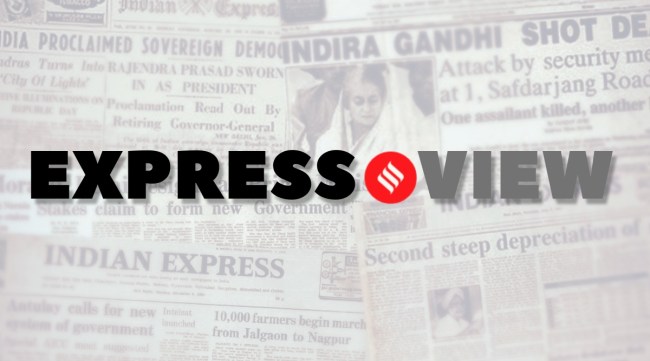Opinion The Oscars has finally apologised for its treatment of a Native American actor in 1973. It may be too little
The long overdue mea culpa to Littlefeather, however, feels like an afterthought, considering how little Hollywood has done in the intervening years to address the specific problem that she sought to highlight.
 50 years after the incident, the Academy of Motion Picture Arts and Sciences, which presents the annual award, has formally apologised to Littlefeather for how viciously many of the evening’s celebrated attendees reacted to her speech.
50 years after the incident, the Academy of Motion Picture Arts and Sciences, which presents the annual award, has formally apologised to Littlefeather for how viciously many of the evening’s celebrated attendees reacted to her speech. The act itself only took a little over a minute. In 1973, Sacheen Littlefeather walked onto the stage of the 45th Annual Academy Awards and stated on behalf of Marlon Brando, who had won Best Actor for The Godfather, that he declined the honour because of how Native Americans were being treated by the film and television industry. Now, 50 years after the incident, the Academy of Motion Picture Arts and Sciences, which presents the annual award, has formally apologised to Littlefeather for how viciously many of the evening’s celebrated attendees reacted to her speech — there were boos halfway through, with many openly mocking her or making threatening gestures, and in the years following her historic televised address, Littlefeather found herself professionally boycotted.
In the last few years, the Academy has increasingly come under fire for its treatment of marginalised communities and genders. The criticism has been met with some corrective attempts — after the “Oscars so white” hashtag went viral in 2015 and affected the annual extravaganza’s viewership and ratings, efforts were made to increase the diversity in the nominations, including the four big acting categories as well as Best Picture and Best Director.
The long overdue mea culpa to Littlefeather, however, feels like an afterthought, considering how little Hollywood has done in the intervening years to address the specific problem that she sought to highlight. A mainstream movie like Prey, the fifth instalment in the Predator series which released last month, remains rare in terms of the authenticity and respect with which it depicts Native Americans. When accepting the framed letter of apology from the Academy, which spoke of her “emotional burden”, Littlefeather reportedly said, “We Indians are very patient people — it’s only been 50 years.” The rebuke was subtle, but unmistakable.






